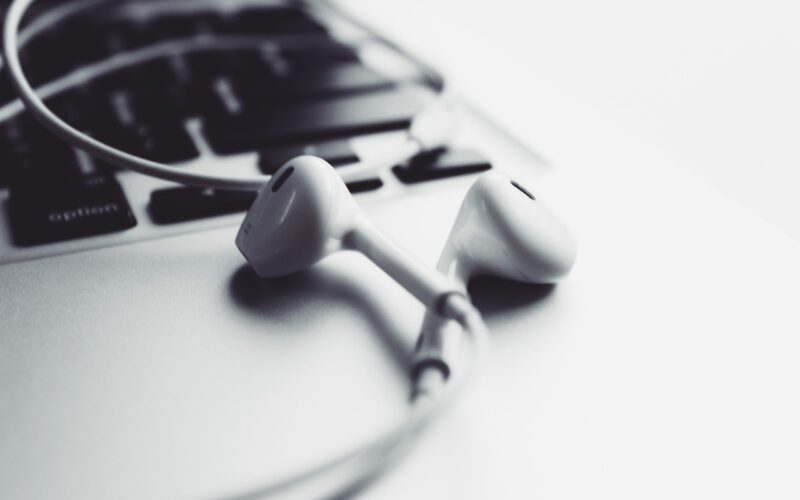Hearing in a Noisy World
Our world is filled with sound, from the music we stream directly into our ears to the constant hum of city life. Our world is filled with sound, from the music we stream directly into our ears to the constant hum of city life. While this soundscape is a normal part of modern society, prolonged exposure to high volumes can lead to irreversible hearing damage. The good news is that preventing noise-induced hearing loss is largely within your control. By adopting a few practical habits and becoming more aware of the sounds around you, you can safeguard your hearing for years to come.
Manage your daily volume exposure
One of the most effective strategies is to control the volume and duration of your personal listening. A useful guideline is the 60/60 rule: listen to personal audio devices at no more than 60% of their maximum volume for no longer than 60 minutes at a time. After an hour, take a break to give your ears a rest. Many smartphones and listening devices now have built-in health features that can alert you when you are exceeding safe listening levels, helping you monitor your exposure and reduce your risk of hearing loss.
Use the right hearing protection
When you know you will be in a loud environment—such as a concert, a sporting event, or a bustling worksite—hearing protection is essential. Simple foam earplugs are affordable and effective for blocking out loud noises. For more frequent use, custom-moulded silicone plugs offer superior comfort and a better seal. Specialised "musician's plugs" are also available, which are designed to lower decibel levels evenly across all frequencies, preserving sound quality while protecting your ears from damage.
Create quieter habits and environments
Small changes to your daily routines can make a significant difference. Instead of turning up the volume to drown out background noise, consider using noise-cancelling headphones. These devices actively reduce ambient sound, allowing you to enjoy your audio at a lower, safer volume. At home and at work, be mindful of noise levels. Position yourself away from loud machinery or speakers, and seek out quiet spaces for breaks to allow your auditory system to recover. This awareness is key to preventing long-term hearing loss.
Look after your overall health
Your hearing health is directly linked to your overall well-being. Good cardiovascular health, for instance, supports proper blood flow to the delicate structures of the inner ear. Regular aerobic exercise like walking, running, or swimming can help maintain this vital circulation. It is also important to be aware of certain medications, known as ototoxic drugs, that can potentially damage hearing. If you are prescribed a new medication, discuss any potential effects on your hearing with your doctor or pharmacist.
Get your hearing checked regularly
Just as you have regular check-ups for your eyes and teeth, routine hearing screenings are a crucial part of proactive health management. A baseline hearing test can identify any early signs of hearing loss, allowing for timely intervention. Professionals can provide personalised advice based on your lifestyle and hearing profile, ensuring you have the best strategies in place to protect your auditory health for the long term.
Protecting your hearing is an investment in your future quality of life. By managing volume, using protection, and making conscious choices about your sound environment, you can significantly reduce your risk of permanent damage. If you have concerns about your hearing or have not had a check-up in a while, now is the time to act. Book a hearing screening with a qualified professional today to ensure you continue to enjoy the sounds you love.





